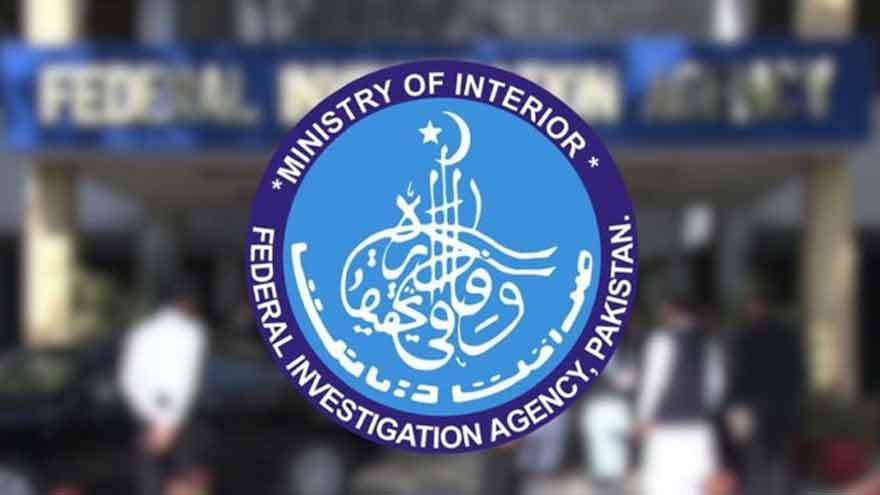- 22 more terrorists killed during pursuit operations in Balochistan RADIO PAKISTAN
- Pakistani forces kill 145 fighters in Balochistan after deadly attacks Al Jazeera
- Pakistan targets Balochistan separatists after ‘unprecedented’ assaults The…
Category: 1. Pakistan
-
22 more terrorists killed during pursuit operations in Balochistan – RADIO PAKISTAN
-

Petroleum company begins payments after Rs47 billion fraud recovery case
KARACHI (Dunya News) – A petroleum company responsible for the country’s largest-ever recovery case, involving a loss of Rs 47 billion to the national treasury, has begun making payments.
Ayaz Mehr, head of the…
Continue Reading
-
PM Shehbaz meets KP CM Sohail Afridi in Islamabad – Dawn
- PM Shehbaz meets KP CM Sohail Afridi in Islamabad Dawn
- KP warns of fiscal stress as federal transfers fall short by Rs54bn Profit by Pakistan Today
- KP CM seeks immediate release of Net Hydel Profit payments Business Recorder
- Khyber Pakhtunkhwa CM…
Continue Reading
-
PM Shehbaz meets KP CM Sohail Afridi in Islamabad – Dawn
- PM Shehbaz meets KP CM Sohail Afridi in Islamabad Dawn
- Khyber Pakhtunkhwa CM to meet Shehbaz Sharif over tribal displacement issue ThePrint
- Afridi signals march on Islamabad over Tirah The Express Tribune
- PM urges KP govt to fulfill its…
Continue Reading
-
Forces carrying out proactive operations against terrorists in Balochistan: Defense Analyst – RADIO PAKISTAN
- Forces carrying out proactive operations against terrorists in Balochistan: Defense Analyst RADIO PAKISTAN
- Pakistani forces kill 145 fighters in Balochistan after deadly attacks Al Jazeera
- Pakistan targets Balochistan separatists after…
Continue Reading
-
PSX to remain closed on February 5 for Kashmir day
February 2, 2026 (MLN): Pakistan Stock Exchange (PSX)
will remain closed on Thursday, February 5, 2026, following a public
holiday declared by the Government of Pakistan in observance of Kashmir Day.According to the notice issued by PSX, all…
Continue Reading
-
Musadik for protection of forests, wetlands to tackle climate change – RADIO PAKISTAN
- Musadik for protection of forests, wetlands to tackle climate change RADIO PAKISTAN
- President urges protection of wetlands The Express Tribune
- Pakistan committed to fair and peaceful use of water resources: PM Sharif HUM News – English
- World…
Continue Reading
-
IMCTC delegation undertaking week-long visit to Pakistan from today – RADIO PAKISTAN
- IMCTC delegation undertaking week-long visit to Pakistan from today RADIO PAKISTAN
- CDF Munir, Islamic anti-terror coalition chief agree to ramp up collaboration for regional security The Express Tribune
- Field Marshal, IMCTC secretary-general…
Continue Reading
-
DG ISPR holds special session with faculty, students of UoT – RADIO PAKISTAN
- DG ISPR holds special session with faculty, students of UoT RADIO PAKISTAN
- DG ISPR holds special session at University of Turbat The Nation (Pakistan )
- DG ISPR holds interactive session with University of Gwadar students Dunya News
- DG ISPR visits…
Continue Reading
-
Kazakh President to arrive in Pakistan on visit tomorrow – RADIO PAKISTAN
- Kazakh President to arrive in Pakistan on visit tomorrow RADIO PAKISTAN
- Kazakhstan president to visit Pakistan on February 3–4 The Nation (Pakistan )
- Afghanistan to become key player in regional cooperation within five years, says Kazakh…
Continue Reading